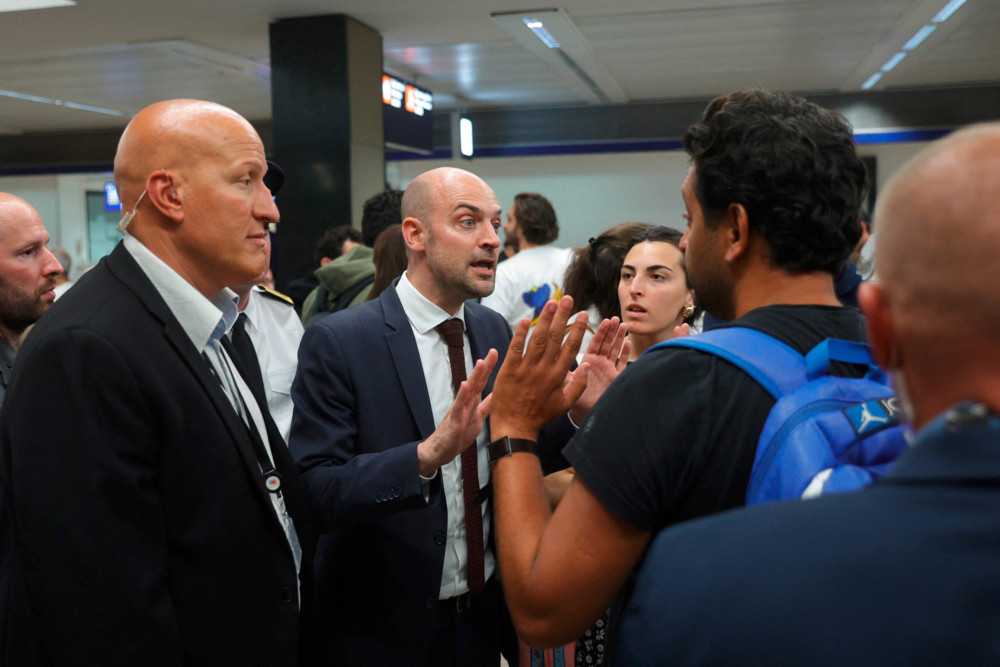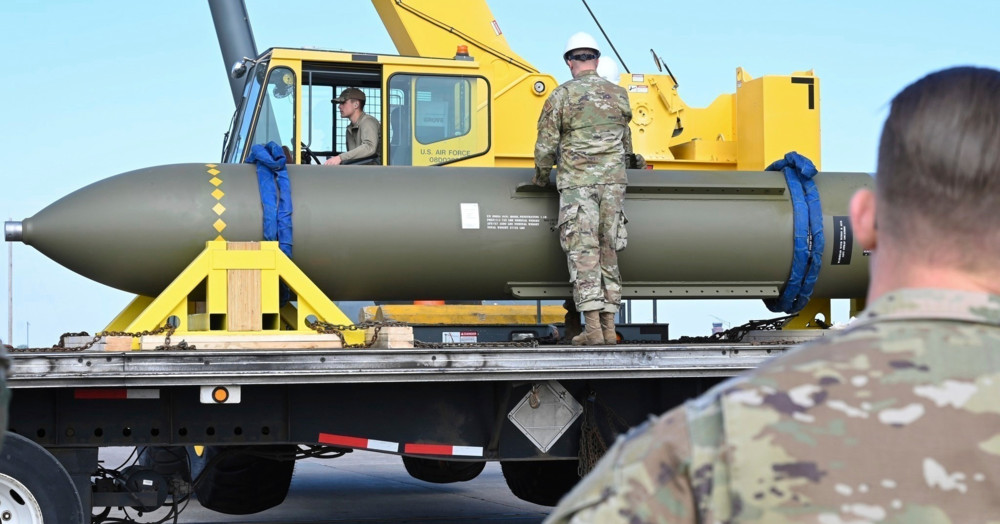Die Kurden im Nordirak haben sich in dem umstrittenen Referendum mit überwältigender Mehrheit für eine Unabhängigkeit ausgesprochen. Bei der Volksabstimmung Anfang der Woche votierten 92,3 Prozent der Wähler für eine Abspaltung vom Irak, wie die kurdische Wahlkommission in Erbil am Mittwoch erklärte. Die Wahlbeteiligung lag demnach bei rund 72 Prozent.
Die irakische Zentralregierung erhöhte jedoch ihren Druck, um die kurdische Führung zum Einlenken zu bringen. Iraks Ministerpräsident Haidar al-Abadi verlangte von der kurdischen Autonomieregierung im Norden des Landes, das Ergebnis der Volksabstimmung zu annullieren. Er werde mit den Kurden nicht über eine Unabhängigkeit sprechen.
Erst abstimmen, dann durchsetzen
Die Luftfahrtbehörde in Bagdad wies ausländische Airlines zugleich an, Flüge in die kurdischen Autonomiegebiete von Freitag an zu stoppen. Die ägyptische Fluglinie Egypt Air und die libanesische MEA erklärten, sie würden ihre Verbindungen einstellen. Auch Turkish Airlines teilte mit, die Flüge gingen weiter, da keine offizielle Mitteilung aus dem Irak eingetroffen sei.
Die Kurden im Nordirak genießen zwar weitgehende Autonomierechte, träumen aber seit Jahrzehnten von einem eigenen Staat. Mit dem Referendum will Barsani Fakten schaffen, um die Zentralregierung zu Verhandlungen über eine kurdische Unabhängigkeit zu zwingen.
Streit um Flughafen
Die kurdische Autonomieregierung lehnte am Mittwoch die Forderung Al-Abadis ab, ihre Flughäfen innerhalb von drei Tagen an die Zentralregierung zu übergeben. Die Flughäfen in Erbil und der Stadt Sulaimanija seien «Besitz Kurdistans», der Betrieb gehe weiter, erklärte der kurdische Transportminister Maulud Bawa Murad.
Al-Abadi sagte vor dem Parlament, seine Regierung werde ihre Macht mit der Kraft der Verfassung in den kurdischen Autonomiegebieten durchsetzen. Zugleich verlangte er von der Kurden-Führung, alle Gebiete an die Zentralregierung zurückzugeben, die die kurdischen Peschmerga-Kämpfer während des Kampfes gegen die Terrormiliz Islamischer Staat (IS) unter Kontrolle gebracht hatten.
Irak, Türkei und Iran dagegen
Dabei geht es um Regionen im Nordirak, auf die sowohl die Zentralregierung als auch die Kurden Anspruch erheben. Dazu zählt etwa die ölreiche Provinz Kirkuk. Die Peschmerga waren dort eingerückt, nachdem die Armee 2014 vor dem IS geflohen war.
Außer der Zentralregierung in Bagdad sind auch die Nachbarländer Türkei und Iran gegen das Referendum. Der türkische Präsident Recep Tayyip Erdogan drohte den Kurden im Nordirak mit einem Ende des Ölexports über sein Land und mit einer militärischen Intervention. Die Türkei und der Iran befürchten Auswirkungen auf die Autonomiebestrebungen der Kurden in ihren eigenen Ländern.

 Zu Demaart
Zu Demaart







Was der Türken Sultan wohl vergessen hat sind die Verpflichtungen der Türkei aus dem Vertrag von Lausanne die lauten wie folgt: KURDISTAN ARTICLE 62 A Commission sitting at Constantinople and composed of three members appointed by the British, French and Italian Governments respectively shall draft within six months from the coming into force of the present Treaty a scheme of local autonomy for the predominantly Kurdish areas lying east of the Euphrates, south of the southern boundary of Armenia as it may be hereafter determined, and north of the frontier of Turkey with Syria and Mesopotamia, as defined in Article 27, II (2) and (3). If unanimity cannot be secured on any question, it will be referred by the members of the Commission to their respective Governments. The scheme shall contain full safeguards for the protection of the Assyro-Chaldeans and other racial or religious minorities within these areas, and with this object a Commission composed of British, French, Italian, Persian and Kurdish representatives shall visit the spot to examine and decide what rectifications, if any, should be made in the Turkish frontier where, under the provisions of the present Treaty, that frontier coincides with that of Persia. ARTICLE 63 The Turkish Government hereby agrees to accept and execute the decisions of both the Commissions mentioned in Article 62 within three months from their communication to the said Government. ARTICLE 64 If within one year from the coming into force of the present Treaty the Kurdish peoples within the areas defined in Article 62 shall address themselves to the Council of the League of Nations in such a manner as to show that a majority of the population of these areas desires independence from Turkey, and if the Council then considers that these peoples are capable of such independence and recommends that it should be granted to them, Turkey hereby agrees to execute such a recommendation, and to renounce all rights and title over these areas. The detailed provisions for such renunciation will form the subject of a separate agreement between the Principal Allied Powers and Turkey. If and when such renunciation takes place, no objection will be raised by the Principal Allied Powers to the voluntary adhesion to such an independent Kurdish State of the Kurds inhabiting that part of Kurdistan which has hitherto been included in the Mosul vilayet. SECTION IV SMYRNA ARTICLE 65 The provisions of this Section will apply to the city of Smyrna and the adjacent territory defined in Article 66, until the determination of their final status in accordance with Article 83. ARTICLE 66 The geographical limits of the territory adjacent to the city of Smyrna will be laid down as follows: usw....
Zoff mat dem Sultan viirprogramméiert!